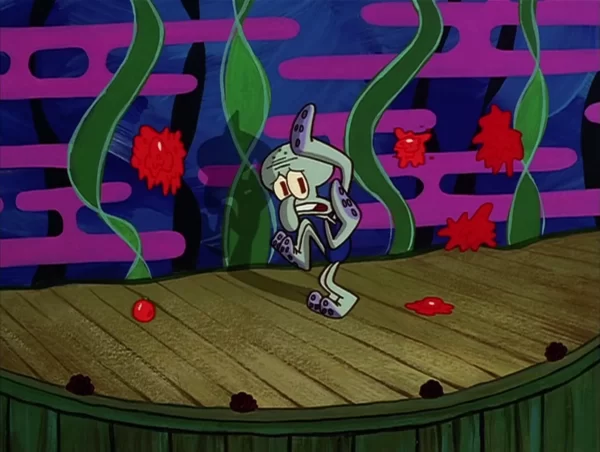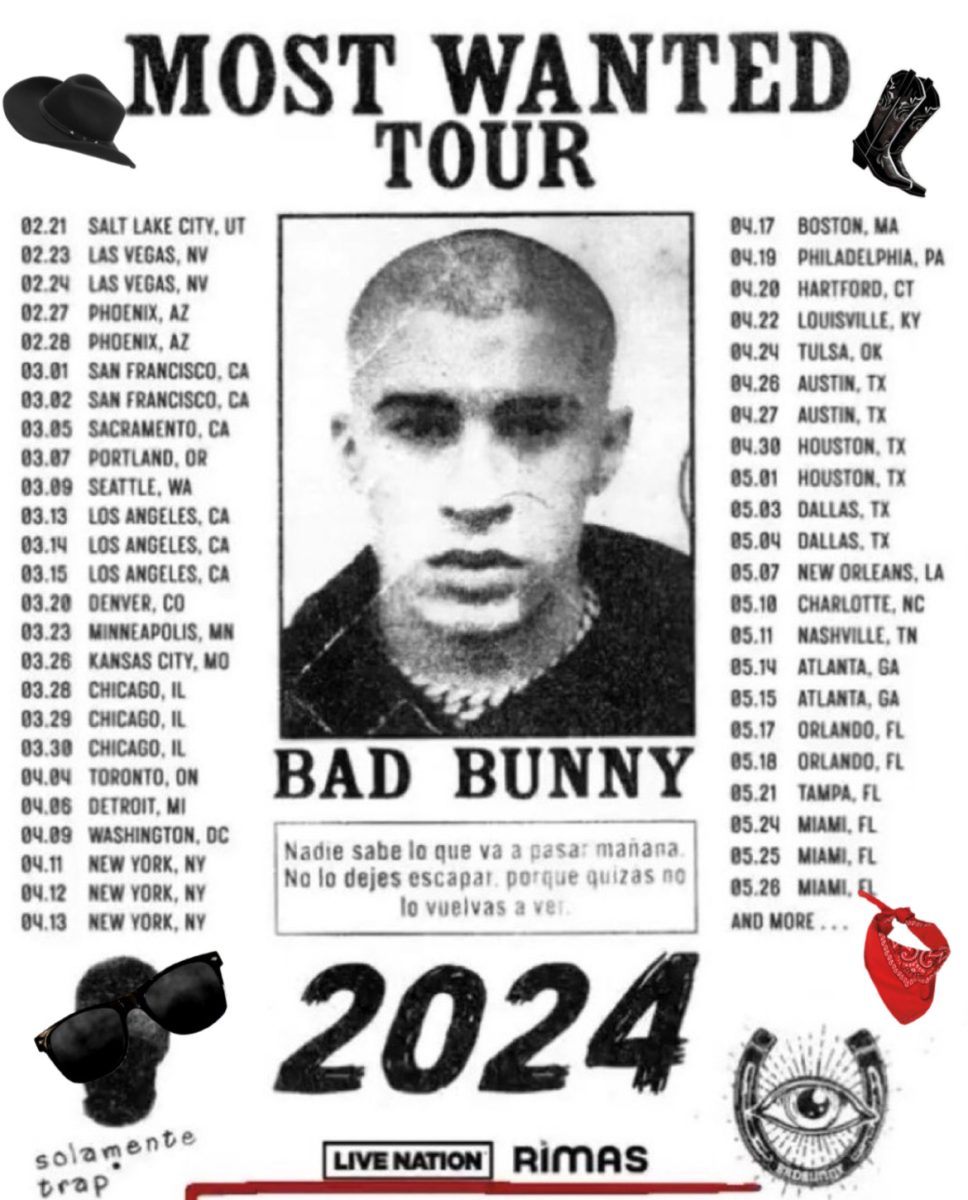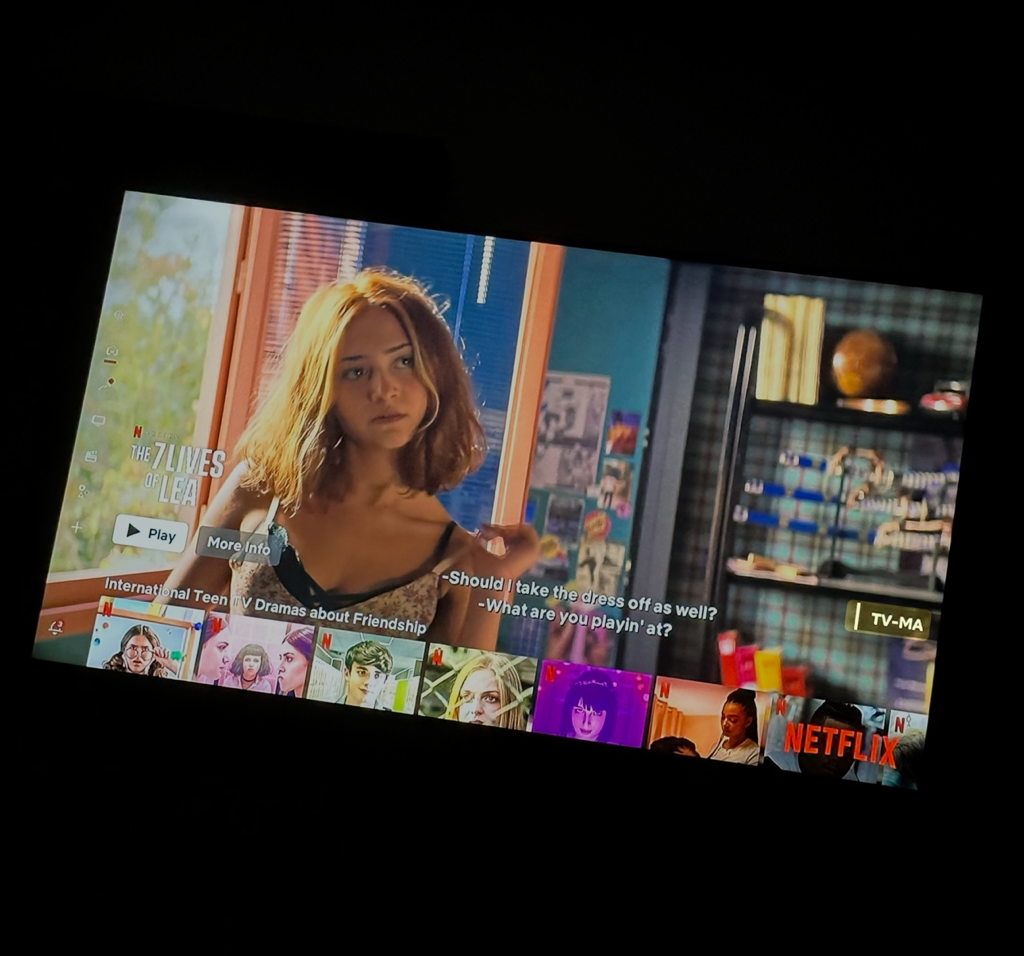Performers facing disrespect from their audience is not a new phenomenon. Still, this past summer has shown an increasing spike in concertgoers hurling objects at performers– an action known as bottling. Now, more than ever, there’s been a significant erosion to concert etiquette, most characterized recently by this oftentimes dangerous trend. This disruptive occurrence can be attributed to a multitude of factors, and looking into these factors can shed light on the motivations driving this kind of conduct.

Before going into those factors, it’s insightful to think about the origin of the bottling phenomenon prior to its intense resurgence this past summer. The practice of throwing things on stage can be dated back to as early as 63 AD during the reign of Roman emperor Vespasian, who had turnips hurled at him by a ferocious crowd during one of his speeches. The action of throwing the infamous tomato can be dated back to the 19th century America; crowds of this era were characterized as passionate and rambunctious, throwing their aforementioned tomatoes at performances that weren’t considered up-to-par. Prevalent in other Western nations as well, it seems American audiences were the rowdiest. Tomatoes weren’t the only object of offense as sometimes audiences would go so far as to tear up their seats and hurl the pieces at performers.
This behavior would simultaneously be controlled yet continue to occur. Some notable contemporary musicians who have fallen victim to this phenomenon include Led Zeppelin (which faced rocks and beer bottles in 1977), David Bowie (who was struck in the eye with a lollipop in 2004), Pavement (for which frontman Stephen Malkmus was struck in the chest with a rock in 1995), and Ozzy Osborne (who had a baseball bat thrown at him in 1982). More recent victims from this past year include (but are not limited to) Pink (who was hit with a container of ashes), Harry Styles (who was struck by a variety of objects during his last tour, such as Skittles, chicken nuggets, and even feminine hygienic products), Bebe Rexha (who had a phone launched at her face), and most recently, Cardi B.

“In general, if (audiences are) just throwing stuff at a musician or an artist or whatever, I think it is not a nice thing at all,” said junior Miguel Suarez-Cabal, disapprovingly. “Just don’t do it. It’s cruel! It can hurt people.”
The upsurge in crude conduct at concerts has oftentimes been attributed to the COVID-19 lockdown. People have returned to concert venues after restrictions and shutdowns with an increased feeling of enthusiasm and, perhaps, an inkling of recklessness. Because there hadn’t been any live performances during the pandemic, there was an overarching desire for social connection, which paradoxically took the form of careless object throwing. This might be explained by a lapse in concert etiquette brought on by the pent-up longing to get back to some semblance of normalcy.
Furthermore, the pandemic intensified the phenomenon of parasocial relationships, in which fans have an intense connection with celebrities regardless of their connection being unilateral. A lengthy period of isolation deepened these connections, providing fans with a more profound feeling of intimacy with artists they had never met in person, which may have contributed to the recent trend of object throwing. Fans could’ve seen their acts of bottling as a playful interaction with a close friend rather than a harmful action towards an idol.
“It’s awful,” said Mrs. Lianne Rodriguez. “People think because they bought a ticket to go see someone they have the right to do whatever they want. They don’t.”
The rise in rude conduct could be additionally influenced by evidently attention-seeking factors. Some concertgoers may take advantage of their position and opening to provoke celebrities in an attempt to gain something in return. The most recent incident of bottling involving Cardi B is a powerful example of the intricate interplay of motives. During a performance at Drai’s Beach Club, rapper Cardi B had a drink thrown at her on stage. In retaliation, Cardi B launched her microphone at the perpetrator. While the perpetrator pressed charges, Cardi B was cleared of all charges due to a lack of evidence. Many suspect that the concertgoer in question intentionally provoked Cardi B in hopes of exploiting her anger for monetary gain, but it is unclear if that’s true.
“If it was me up there, it’d be hard for me not to get angry,” said senior Nadia Pages, rather passionately. “Like… what the heck are you doing?!”
I’m been getting hit on stage with things for literally six years. People just get excited and it can be dangerous. It’s absolutely infuriating when you’re up there. When you’re up there, it blows. You know it’s out of love … [but] you’re in a vulnerable position.
— Billie Eilish, via Hollywood Reporter
The conclusion to this phenomenon is clear: fans would do anything to receive attention from their idols, who probably wouldn’t be aware of individual fans’ existences otherwise. Fans crave attention, even if it’s negative— John Lennon’s assassin was a fan, after all; While that’s a radical example, it proves the point quite well. The act of throwing objects at performers is, at its core, frequently an attention-seeking behavior, if not an act of disapproval. Many fans may find it inconceivable to resist the enticement of capturing their idols’ attention, regardless of whether it’s through illicit methods. The dynamics of celebrity fandom are exacerbated by this quest for attention.
Concertgoers desperately need to reconsider their responsibility when it comes to upholding the authenticity of the concert experience as the industry (and society) adjusts to shifting dynamics. A more mutually beneficial and pleasurable live music scene can be accomplished through cultivating a culture of respect, appreciation, and mindful enthusiasm. Concert etiquette is a shared responsibility as the behavior exhibited at venues by both concertgoers and performers mirrors one another.








